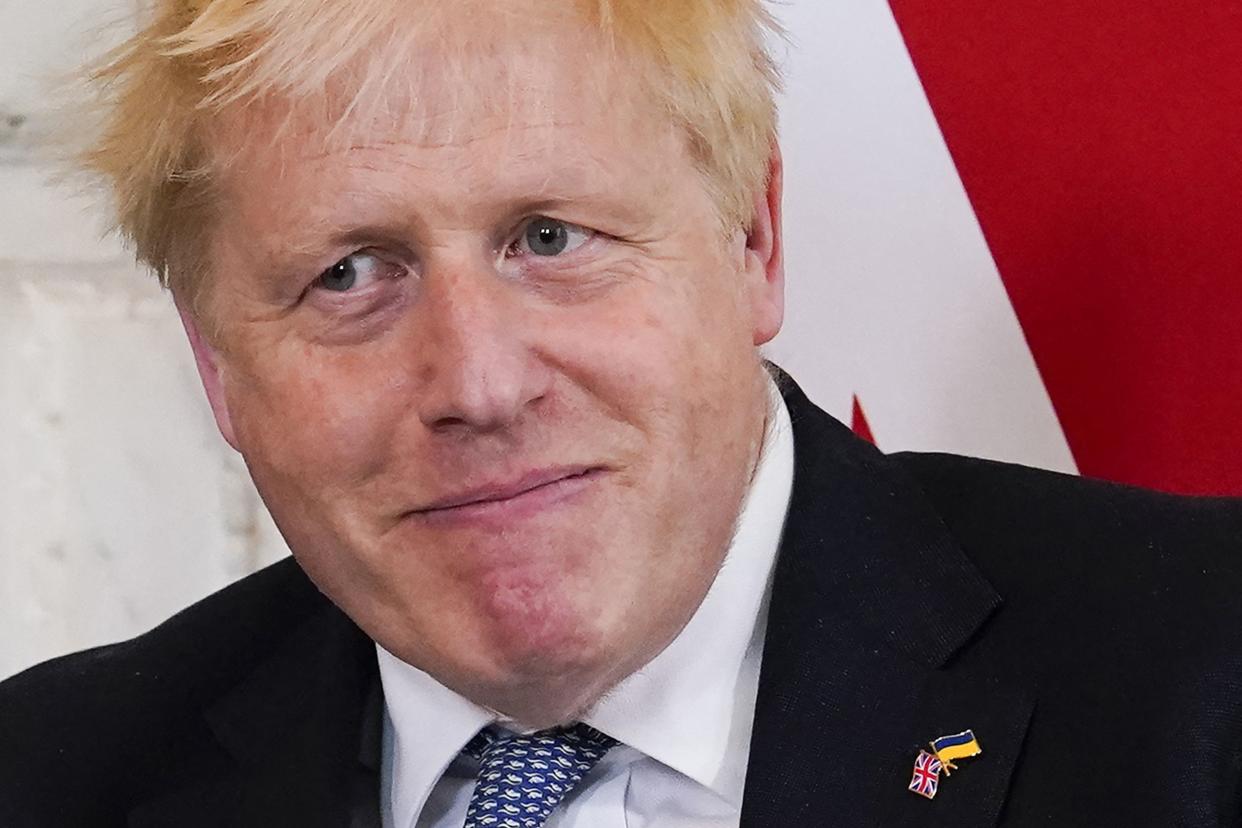Boris Johnson’s survives no-confidence vote, to remain British prime minister
Boris Johnson’s tenure as British prime minister will continue after he survived Monday’s no-confidence vote even as controversy continues to swirl around the embattled politician.
Now a diminished leader with a rebellion behind him, Johnson still called it a “convincing” win.
Johnson received 211 votes in his favor from the Conservative members of the House of Commons; 148 voted against him.
“What it means is that as a government we can move on and focus on stuff that I think really matters to people,” he said after the voting.
But Johnson’s support, at 58%, is lower than his predecessor and former prime minster Theresa May, who received 63% of the vote from her own party and resigned six months later.
A no-confidence vote is a formal vote by which the members of Parliament indicate that they no longer support a leader. The rules state that for a leader to remain in office, he must win at least 50%, plus one. In Johnson’s case, had he gotten fewer than 180 votes, the party would have to choose a new leader and therefore, a new prime minister.
The vote came less than two weeks after an investigative report found Johnson disregarded his own COVID-19 restrictions by attending parties with other political officials in 2020 and 2021.
After the report was released on May 25 by a senior civil servant, Johnson said he wouldn’t resign but took “full responsibility” for the scandal commonly referred to as “Partygate.”

Britain's Prime Minister Boris Johnson (ALBERTO PEZZALI/)
Johnson, 57, has been the Prime Minister of the United Kingdom and has led the Conservative Party since 2019.
Many officials had expected Johnson to win Monday’s no-confidence vote and remain prime minister, though the fact that the vote even took place posed questions about his long-term future in the role.
Partygate is the latest controversy that Johnson has tried to navigate during his tenure as prime minister, as the U.K. has faced financial issues amid the COVID-19 pandemic and with Britain officially exiting the European Union in 2020.
With News Wire Services
